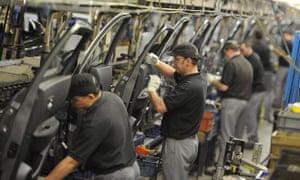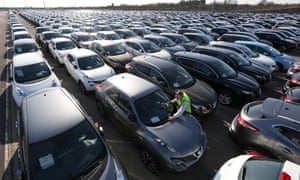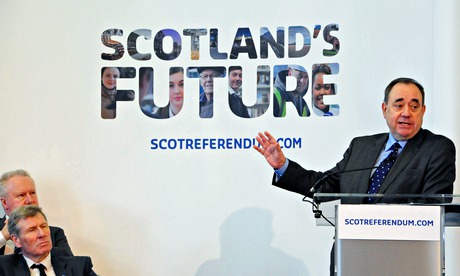What are the advantages and disadvantages of specialization?
Advantages of Specialization:
Increased Productivity: Specialization allows individuals and nations to focus on specific tasks or industries, leading to improved skills, knowledge, and expertise. This specialization can result in increased productivity as individuals become more efficient in their specialized area. For example, an individual specializing in software development can become highly proficient and productive in coding and programming.
Resource Allocation: Specialization enables efficient allocation of resources. By concentrating resources in specific industries or sectors, economies can maximize their utilization. This leads to the efficient use of labor, capital, and other resources, enhancing overall productivity and output.
Economies of Scale: Specialization often leads to economies of scale, which occur when larger quantities of goods or services are produced, resulting in lower average costs. Specialized firms can benefit from cost efficiencies and improved production processes, making their products or services more affordable for consumers.
Comparative Advantage: Specialization allows individuals and nations to leverage their comparative advantage. Comparative advantage refers to the ability to produce a good or service at a lower opportunity cost compared to others. By specializing in areas where they have a comparative advantage, individuals and nations can engage in mutually beneficial trade, increasing overall welfare.
Disadvantages of Specialization:
Dependence and Vulnerability: Overreliance on specialized industries can create vulnerability and dependence on specific markets or sectors. Economic shocks, changes in demand, or technological disruptions can significantly impact specialized industries, leading to economic instability and job losses. For instance, an individual specializing in a declining industry may face difficulty finding alternative employment.
Reduced Diversity of Skills and Knowledge: Specialization often requires individuals to focus on a narrow set of skills, limiting their versatility and adaptability. This reduced diversity of skills and knowledge may pose challenges when transitioning to different roles or industries. Moreover, in the face of rapid technological advancements or market shifts, individuals with specialized skills may find it difficult to adapt to new demands.
Unequal Distribution of Benefits: Specialization can lead to income disparities and unequal distribution of benefits. Certain specialized occupations or industries may offer higher wages and economic advantages, while others may face lower wages and limited opportunities. This can result in social and economic inequalities within societies.
Overdependence on Global Trade: Specialization can increase an economy's dependence on international trade for essential goods and resources. While trade offers opportunities for growth and access to a broader range of goods, it also exposes economies to risks such as trade barriers, geopolitical tensions, or disruptions in global supply chains. Overreliance on specialized exports can make an economy vulnerable to external shocks.
In summary, specialization brings advantages such as increased productivity, efficient resource allocation, economies of scale, and the ability to leverage comparative advantage. However, it also carries disadvantages including dependence and vulnerability, reduced diversity of skills and knowledge, unequal distribution of benefits, and potential risks associated with global trade. Balancing specialization with diversification can help mitigate some of these disadvantages and promote long-term economic stability and resilience.







